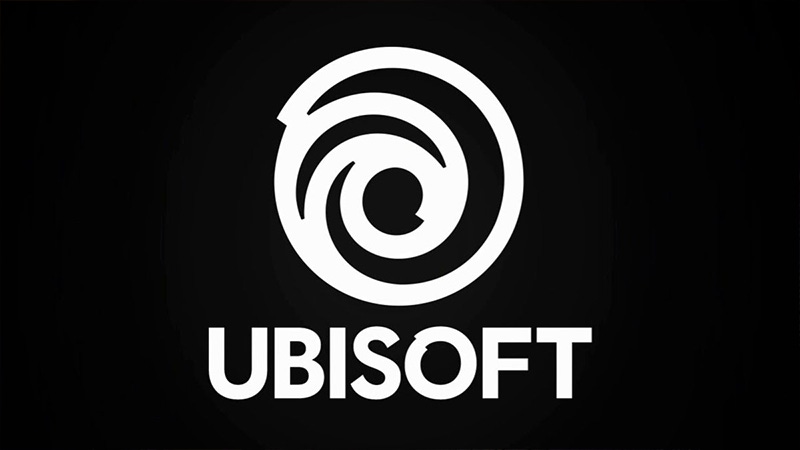Trending
Opinion: How will Project 2025 impact game developers?
The Heritage Foundation's manifesto for the possible next administration could do great harm to many, including large portions of the game development community.
A 5 percent dip doesn't look bad when it's still more money than a pre-pandemic year.

Ubisoft's first-half revenue for fiscal year 2022 is off to a fairly strong start, per an earnings report shared by the company today. The good news for Ubisoft is that it pulled €751.3 million (~$87.8 million) in net bookings for the six month period ending September 30, 2021. And while that's still a good €52 million above its targets, that still represents a 4.8 percent decrease in net bookings year-over-year.
However, last fiscal year was 2020, when game companies saw revenues explode due to the growth in stay-at-home orders. When you compare those numbers to the first half of Ubisoft's 2019-2020 fiscal year, you'll notice that its net bookings are still 8.6 percent higher than that pre-pandemic financial period.
Combined with a number of pandemic-driven game delays, it makes sense that Ubisoft took a slight dip after its success last year.
Ubisoft credited ongoing revenue from Assassin's Creed Valhalla and the newly released Far Cry 6 for delivering strong results during this period. According to Ubisoft, Valhalla is now the "second-largest profit generating game" in Ubisoft's history, and Far Cry 6's early sales are in line with Assassin's Creed Odyssey.
The company did not provide any hard metrics about Far Cry 6's sales performance, though it did say that playtime per player is up 25 percent over Far Cry 5. (Maybe the passive-aggressive e-mails really worked.)
Any mention of the alleged culture of workplace abuse, sexual harassment, and toxicity that Ubisoft employees have been speaking up about for the last two years was buried in Ubisoft's report. The company's only comment was that chief people officer Anika Grant and her team are "hard at work" on t he evolution of the company's human resources strategy.
The various reports about Ubisoft Singapore's struggles in developing Skull & Bones did get a brief mention, though this was just to highlight "the challenges behind the creation of new IP." That seems to skimp over some of the cultural issues and structural racism that were alleged to be part of Ubisoft Singapore's struggles.
Read more about:
2021You May Also Like